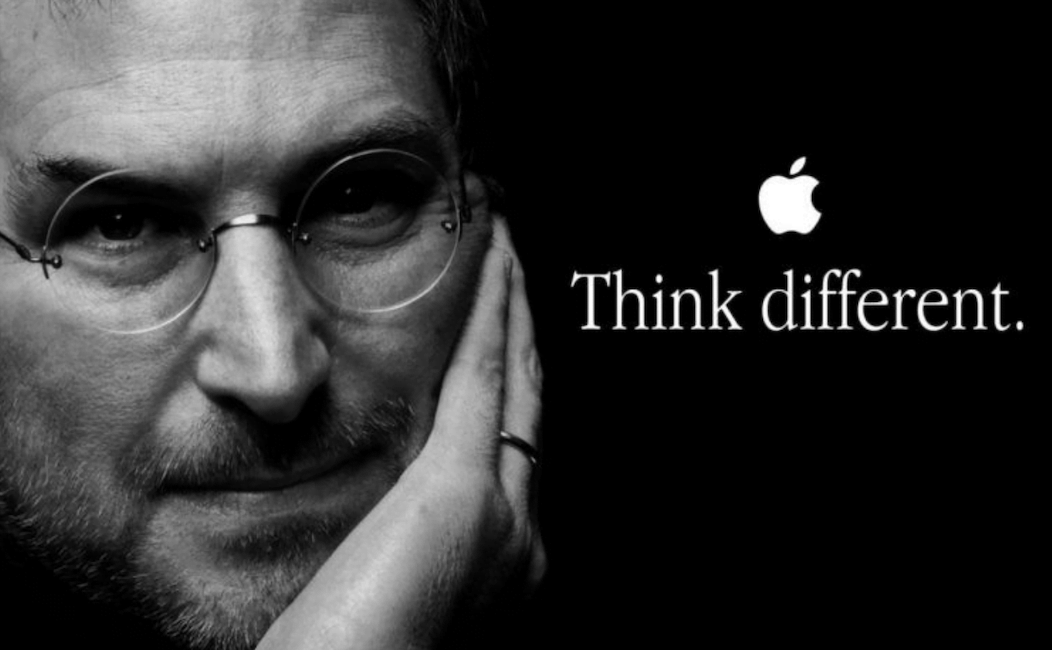In 1997, Apple under the direction of its co-founder Steve Jobs launched its famous Think Different campaign.
As he said at the time,
“I think you had to really think differently when you bought a Mac. It was a totally different computer, worked in a totally different way, used a totally different part of your brain. And it opened up a computer world for a lot of people who thought differently … And I think you still have to think differently to buy an Apple computer.”
Even now some 25 years later the campaign still resonates.
But we need to even take this concept further.
Steve Jobs talked about thinking differently about computers, software, hardware and technology more broadly.
But we now have to think differently about everything we do.
Because of Covid we have started to think differently (in a sense because we had to) about how we work, where we work, how long do we work and with whom.
These forced changes has given us permission to think differently about many other aspects of our lives.
We need for example to think differently about retirement.
In the old days, you reached 65 years and retired, moved and played golf.
‘Who wants to do this now? I don’t wish to retire from life.
I want to be fully engaged, inspired and make creative and I hope meaningful contributions.’
Let’s pick another example.
I started in marketing many years ago and my career plan was already mapped out – marketing cadet, product manager, marketing manager etc.
Now do younger people still have a career plan?
In a world of continuous change, uncertainty and complexity you need to think differently about not only your career but how you learn and educate yourself.
You could start in one industry, move to another then work overseas or start a business then teach part-time and return to corporate life.
Or not.
Careers are not the linear, certain, progressive straight lines they once were.
The problems we all face are different.
Climate change, kids obesity, the lack of trust in politicians are just a few where new and different solutions are needed.
The challenge is to think differently as Steve Jobs said (almost).
But how to do this?
It’s actually hard to think differently.
We think in established patterns based on our previous experiences.
These patterns are fast, efficient and habitual.
But that is the point they become our default way of thinking.
They are are comfortable and hard to break.
It’s why we need a proactive, easy way to do this.
One such way is Switch Thinking.
It gives you 6 switches, a canvas and a number of prompts to help you and your team to think differently.
If you are a leader and want your team to think differently then rather than ask them to go and do it.
It’s a good start.
Some can and most will struggle.
Give them some tools to think differently and everyone can play, create and contribute.

